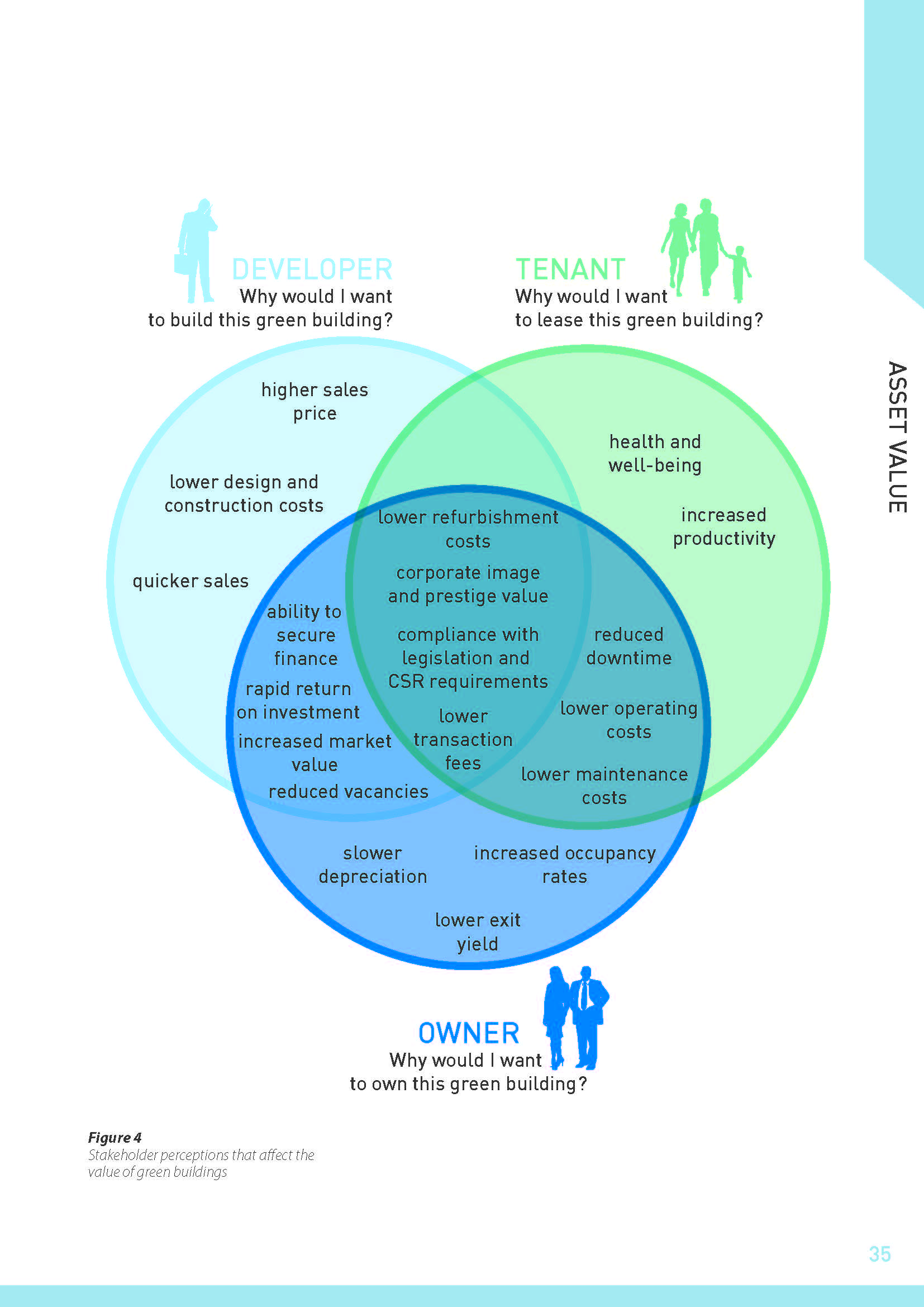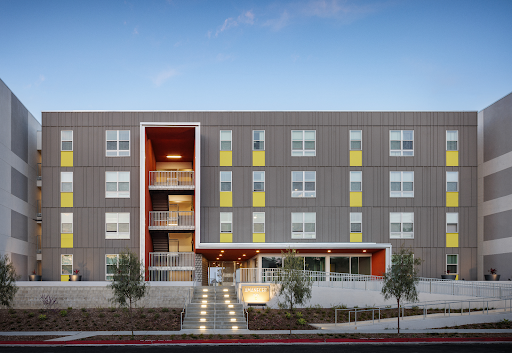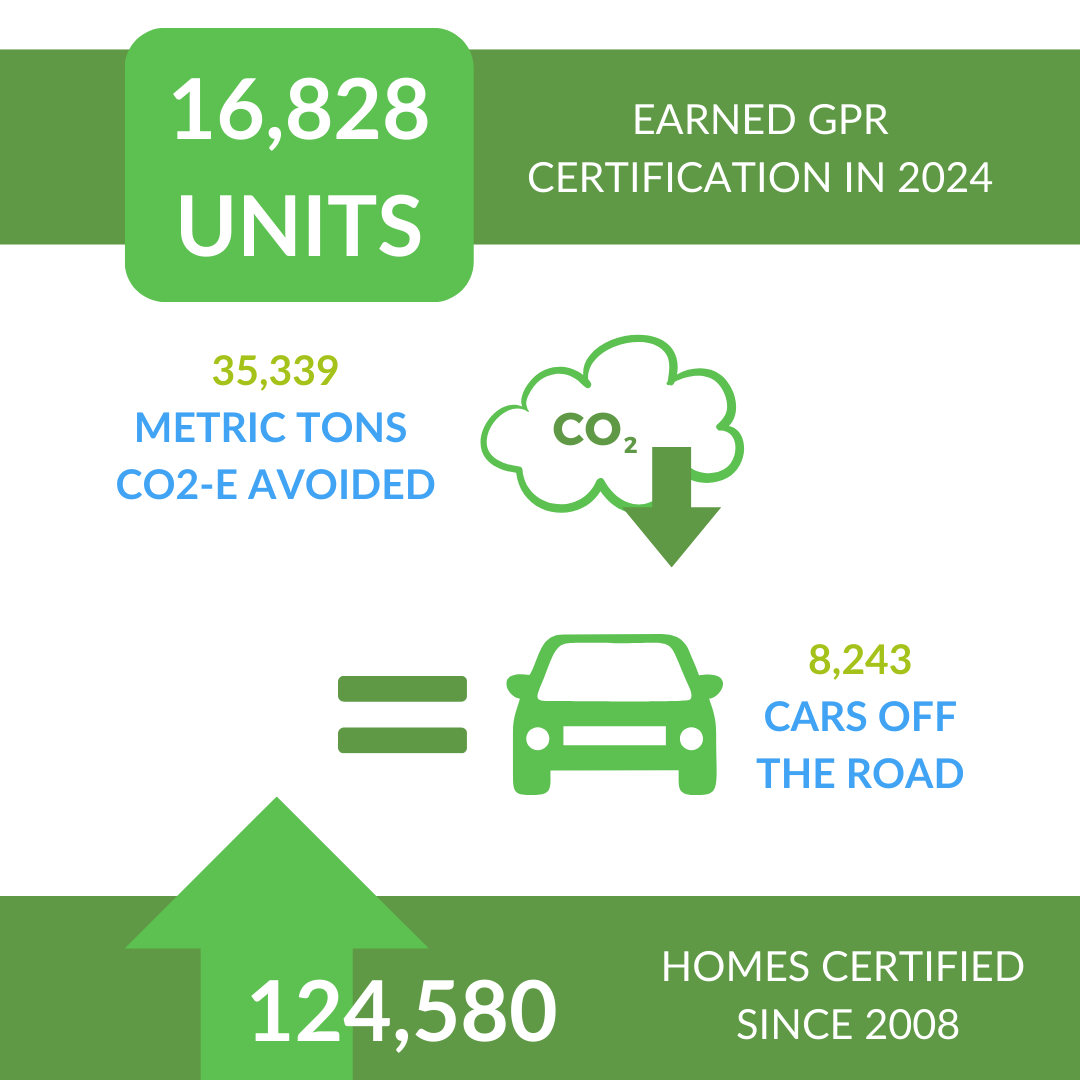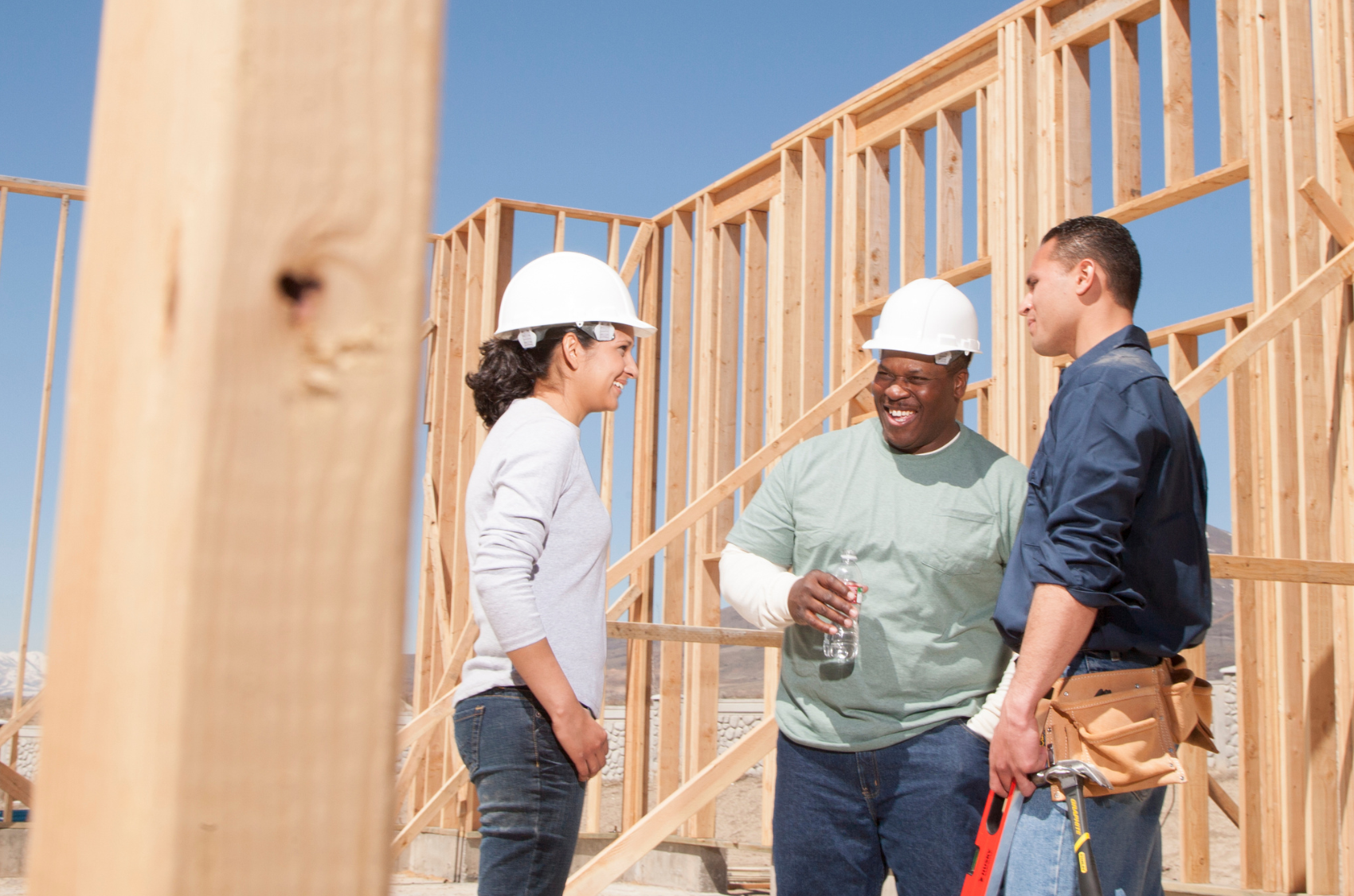We Want Your Feedback
We Want Your Feedback Your insight is critical to shaping the future of GreenPoint Rated. As we refine Version 10, we would especially value your
We Want Your Feedback Your insight is critical to shaping the future of GreenPoint Rated. As we refine Version 10, we would especially value your
Looking Ahead: GreenPoint Rated New Home Version 10 (2025 Code) We have been hard at work on the GreenPoint Rated New Home Version 10 update,
Under Timing, Energy Compliance, and Next Steps Due to potential impacts from California Assembly Bill 130 and the postponement of the CEC cost-effectiveness studies, now

Doing Green Beyond the Initial Financial Incentives: The Case for YES! Many of you have asked for resources to help educate your clients, particularly property

A New Chapter for GreenPoint Rated After nearly two decades of building, growing, and operating GreenPoint Rated (GPR), Build It Green is excited to announce

Project Spotlight: Crescent Grove 226 Common Location: Lawrence, MA Rater: Timothy Bryant Type of Certification: Existing Home Multifamily Number of Homes Built: 48 GPR Level: Gold Source: https://226common.com/ Located in the

Project Spotlight: Crescent Grove Crescent Grove Location: Castro Valley, CA Rater: Pete Kennedy Type of Certification: New Home Multifamily Number of Homes Built: 72 GPR Level: Platinum Newly Built

Project Spotlight: Amanecer Apartments Amanecer Apartments Location: San Diego, CA Rater: Kevin Rasmussen Type of Certification: New Home Multifamily Number of Homes Built: 96 GPR Level: Gold PRESS RELEASE –

Highlights of 2024 Spring symbolizes renewal and growth. It’s a time to pause and reflect on how far we’ve come and the journey still ahead.

Check out this blog to see the changes we’re proposing for GreenPoint Rated Version 9.0 (New Home Multifamily), which reflect our support of all-electric construction and commitment to targeting areas where GPR can do more.
GreenPoint Rated is a credible and accessible pathway to prove homes are built to trusted environmental standards.
[email protected]
Sign up to our Newsletter